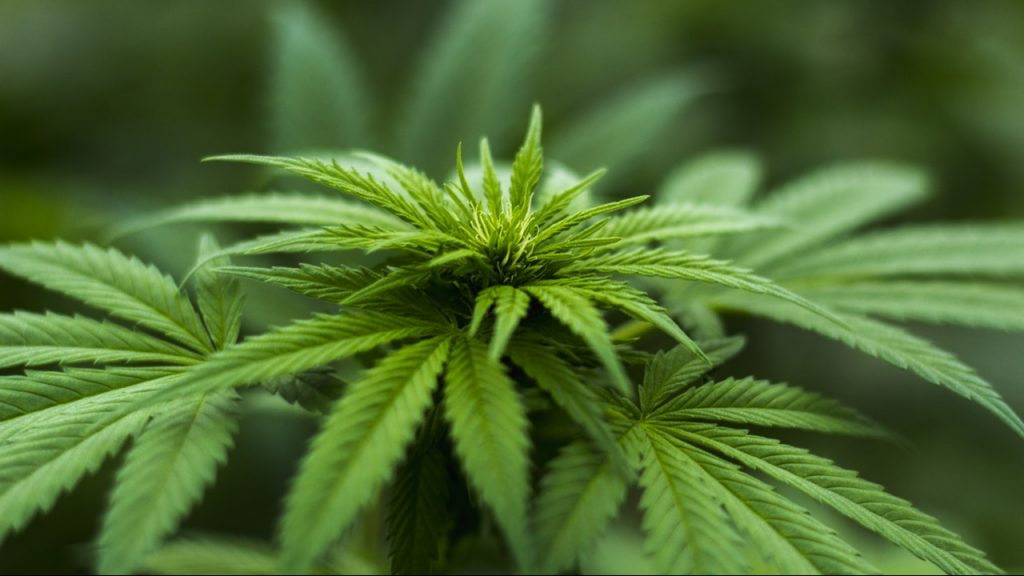Cannabis was anticipated to be legalized in Canada by July 1, and although the federal government has announced the date has been pushed to the fall, there remains many unanswered questions surrounding what legalization will look like, especially at the provincial level and when it comes to construction sites.
On June 19, the Senate voted to pass Bill C-45, allowing Canadians to legally purchase and consume recreational cannabis likely by Oct. 17. According to media reports, provinces will need time after the bill is passed to ready themselves for the changes.
“It keeps the ball rolling and it starts to put meat on the legislative bones,” explained Andrew Pariser, vice-president of the Residential Construction Council of Ontario (RESCON), which hosted the Cannabis in Construction 2.0 conference June 12 to give builders the information they need to know prior to legalization implementation.
“The uncertainty now shifts from a federal level to a provincial level. With the new Premier-elect Doug Ford, he has come in and already started making changes…what is he going to do on the cannabis file is the question. Now that we have more certainty at the federal level we can start working with the provinces to really understand how it will affect individuals in the workplace but also individuals at home and on the weekends.”
Pariser pointed out the cannabis issue is evolving.
“We realize now that this is an initiative that is ongoing and we learned that from Colorado and Washington but with each step we get a better understanding and it helps us make better decisions,” he said.
“What it looks like the first day it’s legalized will not be the same as six months or a year after legalization. You have slowing of the illegal market, more supply, more products available, more choice and then we need to understand what are the trends and what are the implications on the worksite and what are the most effective ways to keep workers safe and the public. We still have a lot of work to do.”
The conference featured a number of speakers offering different perspectives, including a legal representative for a licensed cannabis producer.
“The laws have allowed for the use of cannabis under a medical program but with the Cannabis Act soon to be legalized and approved, there are certain discussions that we want to take place regarding what you need to know as it relates to purchasing and consuming cannabis legally,” said Sony Gokhale, general counsel for the Supreme Cannabis Company, which produces the 7 Acre brand name.
“We want to make sure that consumers are aware of when they are purchasing products legally versus an illegal environment because unfortunately there is a lot of cannabis sold illegally even at storefronts.”
It’s actually going to be much more of a controlled environment
— Sony Gokhale
Supreme Cannabis Company
In Ontario, cannabis will be sold by the Ontario Cannabis Store, a government-run organization structured much like the LCBO. Online sales will also be available through the store. Gokhale said it is unclear what stores are going to look like but there is an idea of what will be available.
“You would see multiple brands and products that are made available, cultivated, processed, manufactured by licensed producers in one store but it’s not going to be available on shelves where you can look at the packaging. It’s actually going to be much more of a controlled environment,” said Gokhale.
“There are specific legal requirements to package the cannabis products using a plain packaging concept…there are people in the audience that thought you might get things in baggies or fancy packages. I wanted to make sure that they are familiar with what a legal product would look like in Ontario compared to an illegal product.”
Bill Bogart, professor of law at the University of Windsor in Ontario, said Canada is the first G7 country to legalize and regulate cannabis and while several states have legalized it, it still remains illegal at the federal level in the U.S.
“If President Trump decides that he wants to make life difficult for Canada, and right now he seems to be headed in that direction, this will be another way he can do it because cannabis remains illegal at the federal level in the United States,” said Bogart. “Even though some of the states have regulated it, the U.S. as a country is in compliance with the international agreements (on drug control) so he could make all sorts of accusations about Canada and how we’re being irresponsible and reckless and have betrayed our obligations internationally.”
He added, “we should not be criminalizing people for using substances. Criminalizing people just makes the whole situation worse. Although the road to legalization is complicated, it’s the right way to go.”
The Daily Commercial News will have more industry reaction in an upcoming article.










Recent Comments
comments for this post are closed